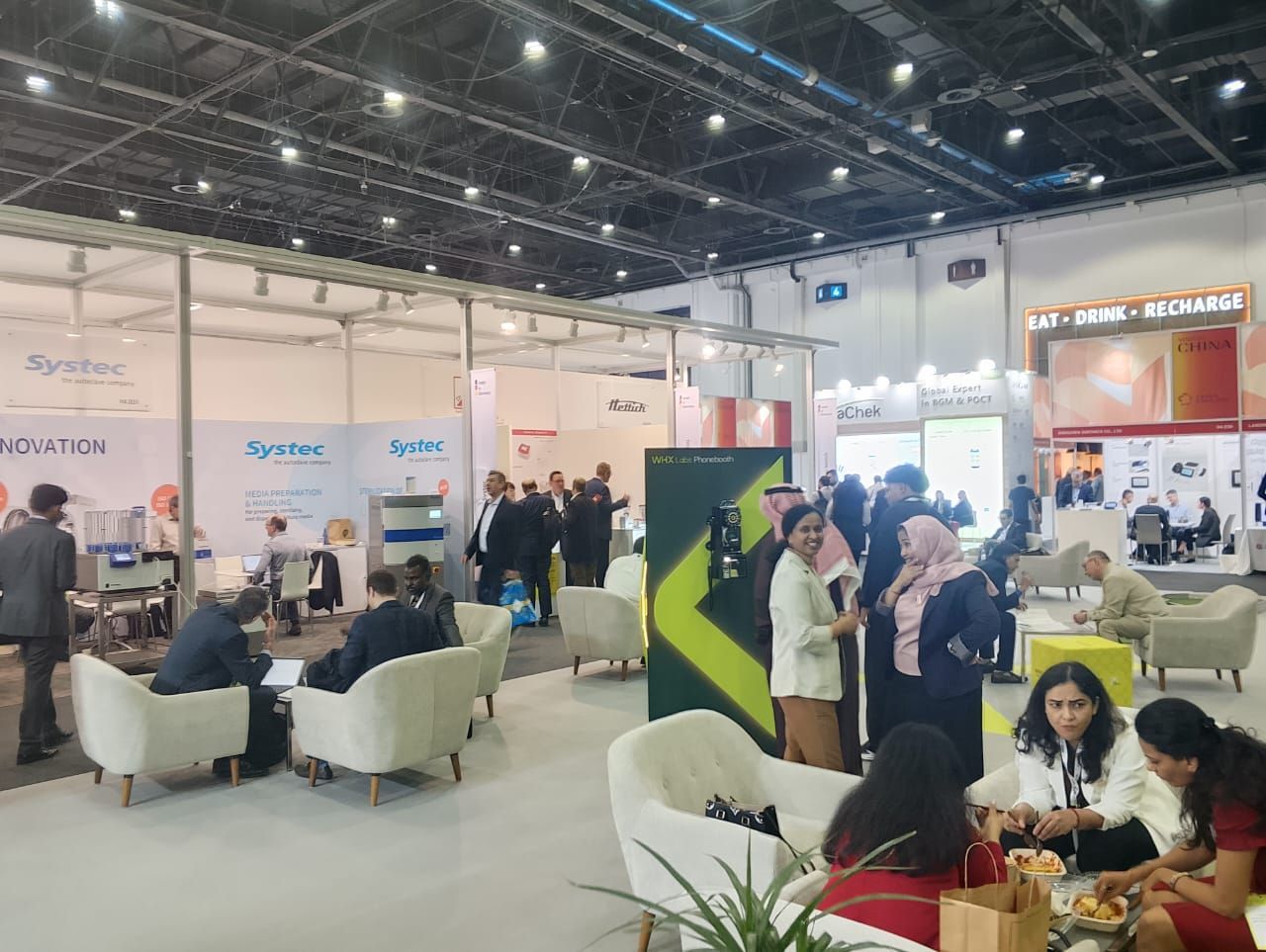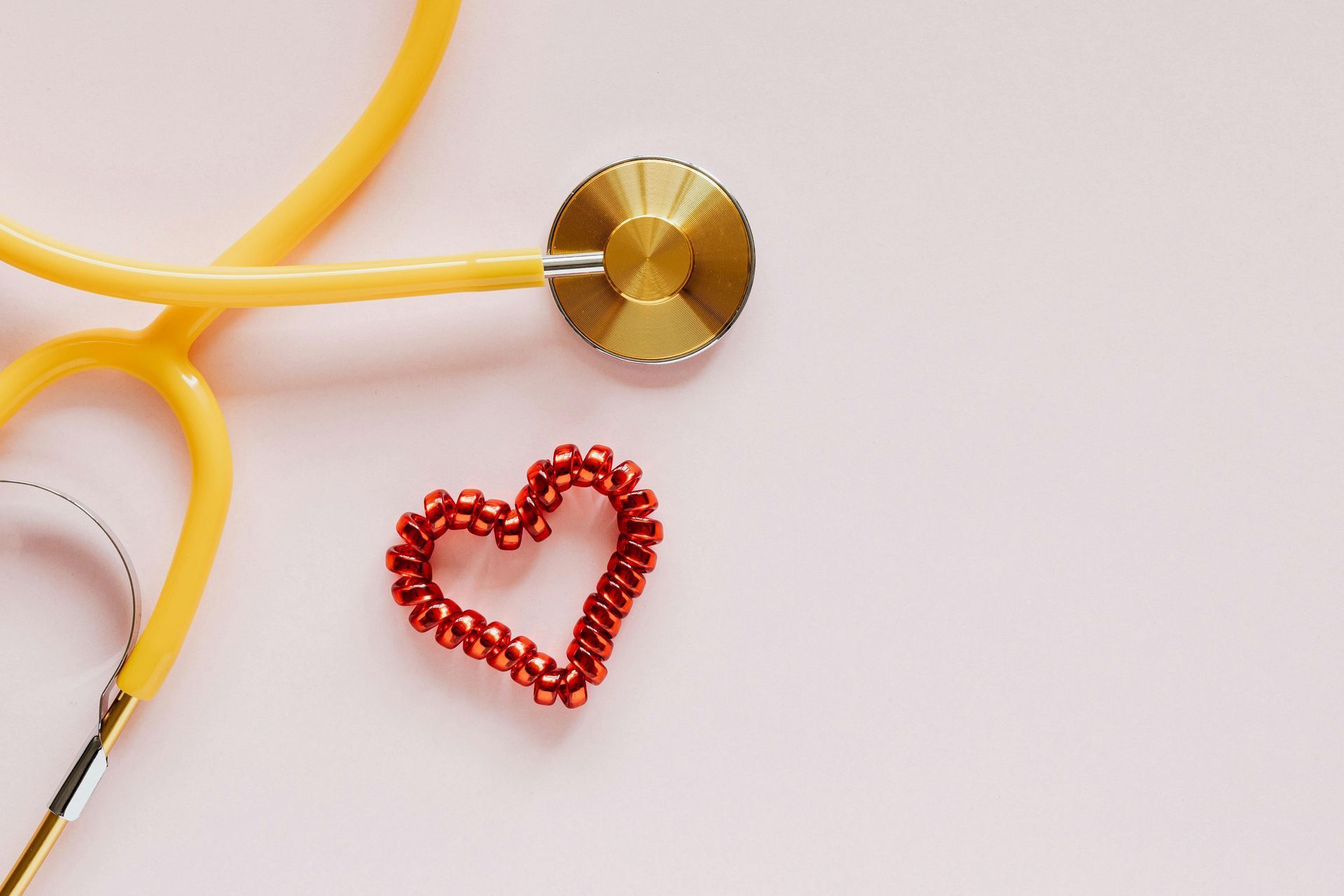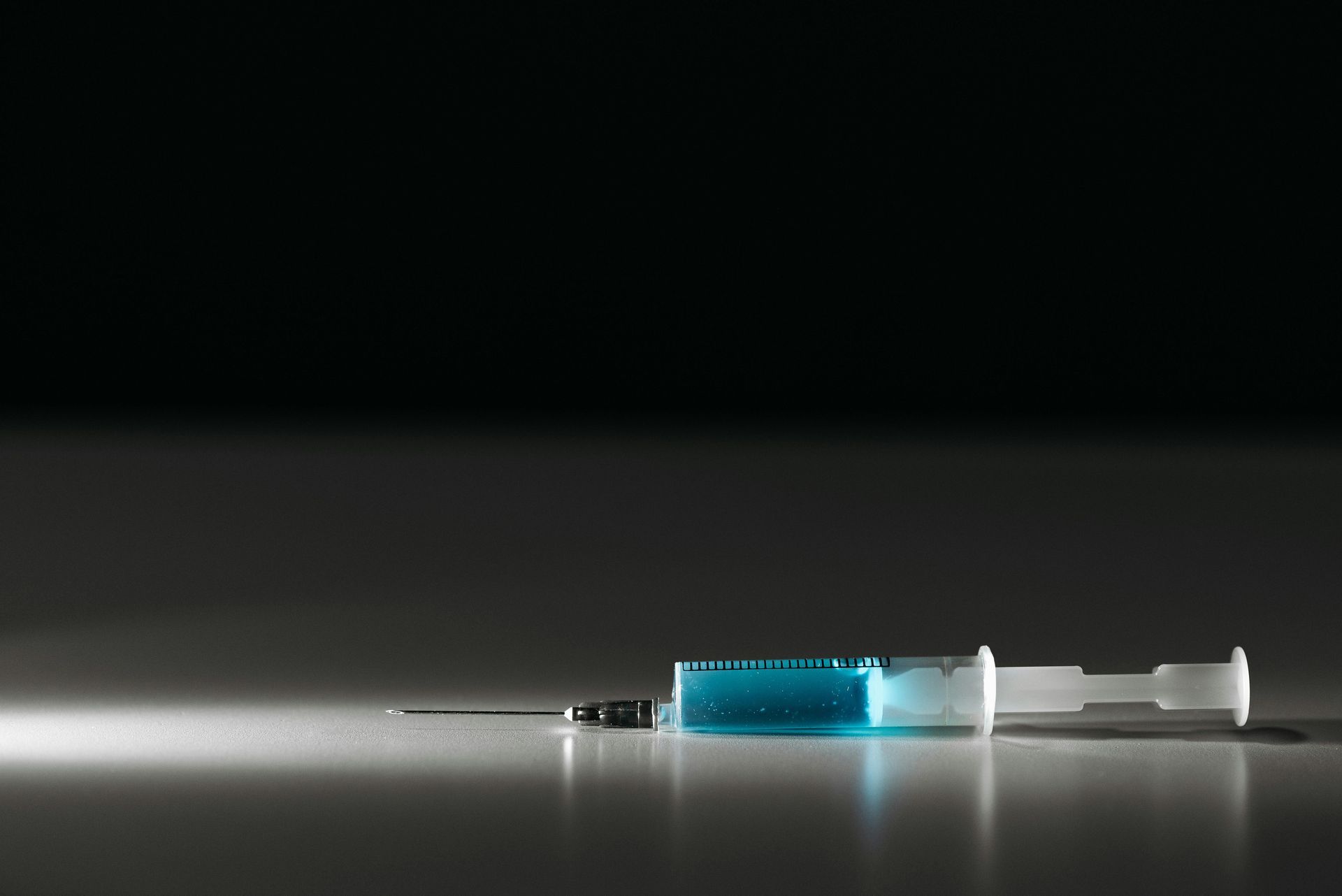Understanding UTIs in Women: Causes, Risks, and the Role of Safe Lubrication
Urinary tract infections (UTIs) are one of the most common bacterial infections affecting women. According to health studies, nearly 50–60% of women will experience a UTI at some point in their lifetime. This is largely due to anatomical differences—women have a shorter urethra, which allows bacteria easier access to the bladder.
Why Prompt Treatment Matters
While most UTIs are mild and easily treatable, delayed treatment can lead to complications, such as the infection spreading to the kidneys. Kidney infections (pyelonephritis) can cause severe pain, high fever, and even long-term damage if not managed promptly.
What Increases the Risk?
- Sexual activity: Friction during intercourse can push bacteria toward the urethra.
- Use of non-sterile lubricants: Many over-the-counter lubricants may contain fragrances or preservatives that disrupt vaginal flora.
- Poor hygiene habits
- Dehydration
- Menopause and hormonal changes
The Role of Safe Lubrication in UTI Prevention
Water-based, sterile lubricants can significantly reduce friction during sex or medical examinations, helping to lower the risk of microtears and bacterial transfer. Using a trusted, clinically approved lubricant that respects the natural pH and microbiome of the vagina is crucial.
Sterile lubricants packaged in single-use sachets offer additional protection against contamination. Unlike multi-use tubes or jars, sachets reduce the risk of introducing foreign bacteria into the urethra or vaginal canal.
Empowering Women Through Education and Access
Every woman deserves access to products that not only enhance comfort but also support her overall urogenital health. Choosing a medical-grade, sterile, and water-based lubricant is a proactive step toward reducing infection risks, especially during intimate moments.
🔗 To explore a range of high-quality lubricating gels trusted by healthcare providers and safe for everyday use, visit www.nrmeds.com.










